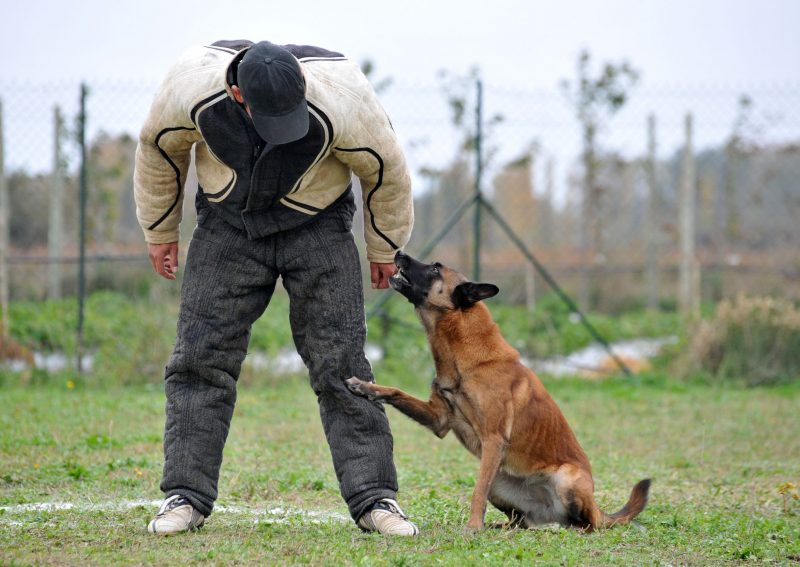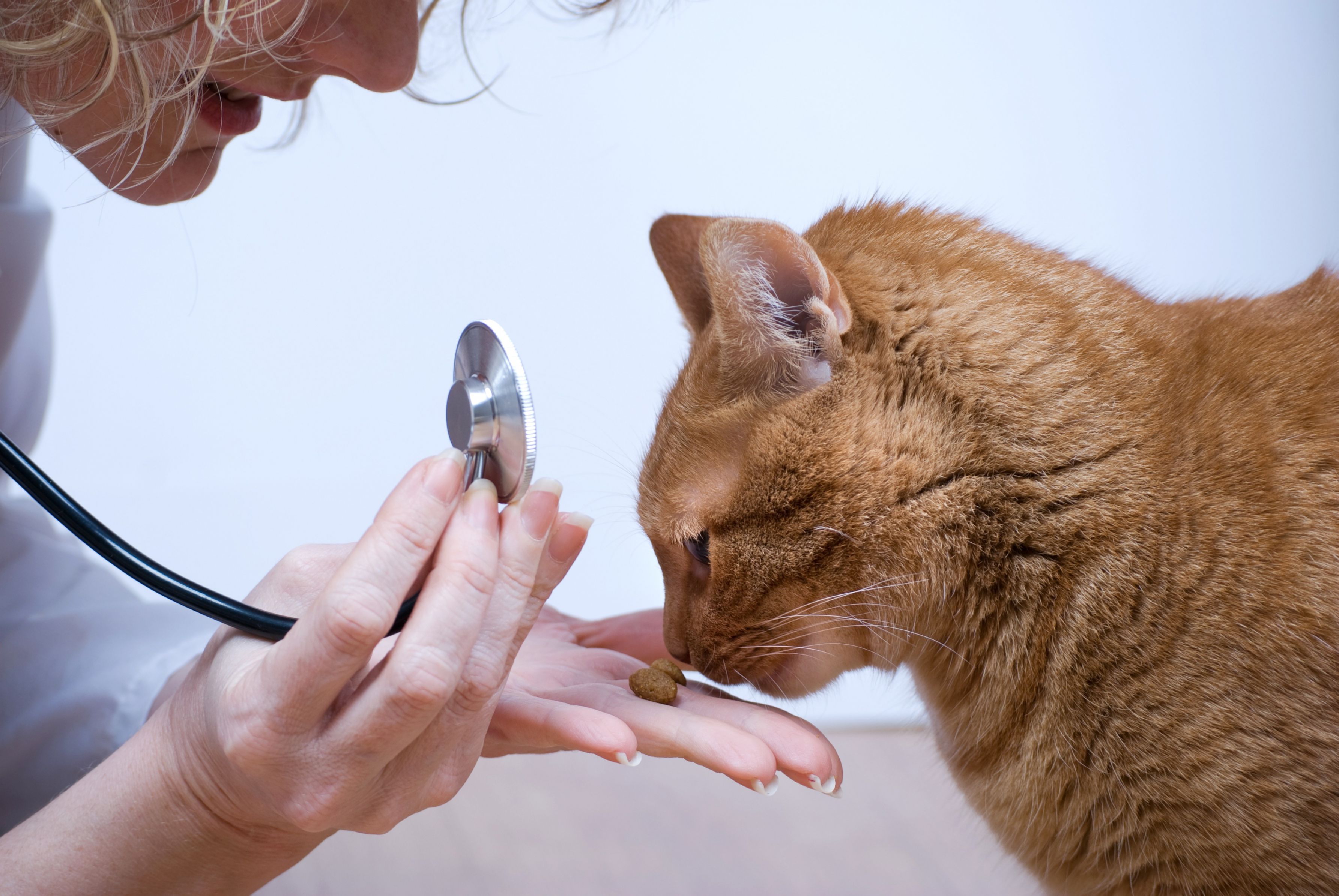Pet owners are justifiably concerned when they see raw, red, oozing, scabby, hairless patches on their dog or cat. These “hot spots” can pop up and spread very quickly. They look and are painful for the pet. Often, the dog or cat will cry when scratching the area. The vets at animal hospitals, including the Animal hospital Leawood KS, frequently treat this problem.
What are Hot Spots?
Hot spots are known as moist dermatitis or “summer sores” and can suddenly appear anywhere on the pet’s body. If the pet has long fur, the hot spot can become a significant sore before being noticed.
It must be treated.
The skin is inflamed, infected and very itchy. Scabs form over the sores. Scratching, licking or chewing the area will make the condition worsen dramatically.
What Causes Hot Spots?
There are a number of possible causes of hot spots.
* A bacterial infection is consistently associated with this skin condition.
* Anything that causes itchy skin can result in a hot spot.
* Allergic reactions can trigger an eruption. Possible allergens include wheat (try gluten-free pet foods), fleas and ticks, mites, wounds on the skin, insect bites, grasses, and weeds. In other words, as is true with humans, a pet can develop an allergy to almost anything.
Whatever the cause, once the hot spot has erupted, the broken skin creates the opportunity for a bacterial infection. Any moisture on the skin greatly increases the chances that this will happen. The infection will then spread, rapidly creating more sores.
Treating Hot Spots
Effective treatment involves treating both the sores and attempting to determine and remove the cause. For example, changing to a gluten-free pet food and ensuring that the pet is protected from fleas and ticks could eliminate two possible allergic reactions.
* The skin is shaved around the spot to air out and dry the area, promoting quicker healing.
* The area is cleaned with a mild antiseptic and dried.
* Hydrocortisone cream or spray can alleviate the itching.
* A plastic cone placed around the pet’s neck can prevent further licking or scratching.
* The vet may recommend topical medications, oral antibiotics or a cortisone injection.
Taking your pet to the Animal hospital Leawood KS at the first sign of a hot spot is a good idea. This is a painful and aggravating condition that needs treatment.


